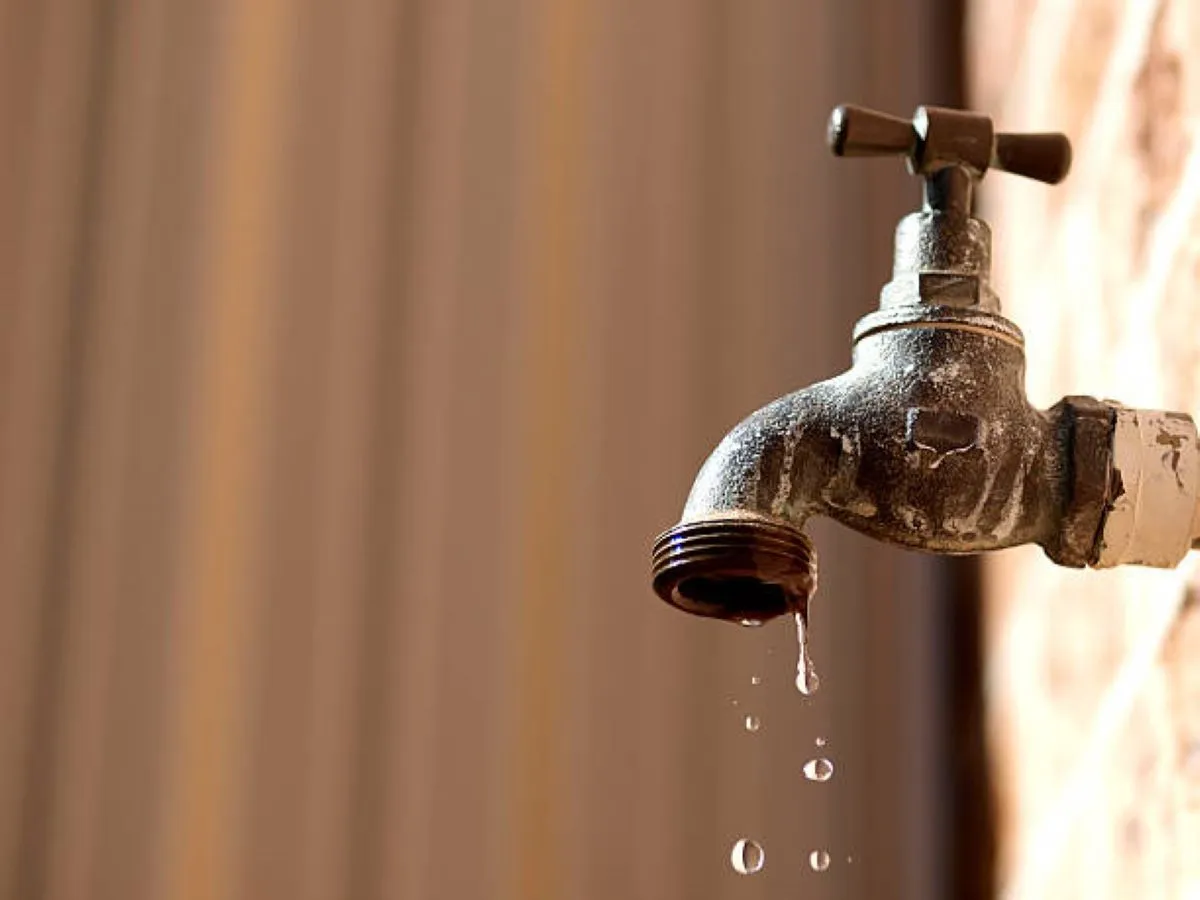
11-hour water disruption planned for these Johannesburg areas
The City of Johannesburg has scheduled an 11-hour water interruption starting Sunday night, impacting specific areas.

Johannesburg Water is closing its Sandton meters as part of its water demand management in the city, leading to an 11-hour water outage.
The water utility issued a statement on 29 December 2024. It informed residents in certain areas that they will be without water from tonight till tomorrow morning. The water disruption aims to “ build capacity within the Johannesburg Water network.”
11-HOUR WATER OUTAGE IN JOHANNESBURG
According to the statement, the Sandton System will be shut down affecting numerous areas. It feeds several reservoirs in the city. The water outage will be implemented from 19:00 on Sunday or, 29 December, ending at 06:00 on Monday, 30 December. These are the affected areas.
AFFECTED AREAS
- Linbro Park Direct Feed
- Marlboro Direct Feed
- Linbro Park Reservoir
- Marlboro Reservoir
- Illovo Reservoir
- Illovo Tower
- Bryanston Reservoir
- Bryanston Tower
- Morningside Reservoir
Linbro Park and Marlboro direct feeds will be affected the most. “All customers fed by the Sandton System may experience poor pressure to no water overnight,” the statement read.
FULL RECOVERY TO TAKE SEVERAL HOURS
The City warned that despite the outage being for 11 hours, full recovery of the system will take several hours. It explained: “Once the meter is reopened in the morning, it will take several hours for the system to fully recover.”
EXPECTED WATER DISCOLOURATION AFTER OUTAGE
The statement also pointed out that there might also be discolouration in the water when it returns. It stated: “Customers experiencing no water may note brownish water when opening their taps in the morning when water returns. This phenomenon is not uncommon and is caused by calcified mineral deposits in older pipes that generally get flushed away by letting the taps run for a little while.
“It is no cause for concern. Allowing the taps to run for a short while also allows trapped air to escape, which sometimes worsens the loosening up calcified mineral deposits.”
